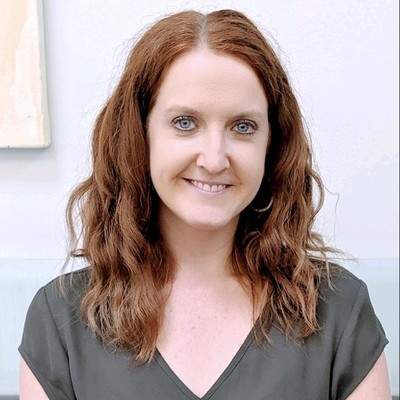As has become tradition here at Group Twenty Seven, we like to mark this time of year by compiling a wish list of all the things we’d love to see in PPC for the coming year.
Looking back, we realize we didn’t get everything on our PPC wish list for 2019 (or even 2018), but we’re not giving up hope that this year will be different!
So here’s what we wish for in 2020:

1. We Wish Google Would be More Forthright
Whenever Google introduces a change in Google Ads, it couches the change in the language of “This will be great for you!” But many times, that’s not the reality.
Often, we wish that Google would be more forthright. Just say what’s happening and save us the spin.
Because when you spin your messaging, it comes off as patronizing and misleading.
It’s not that Google is communicating things that are patently false. But they often fail to give the full picture.
One example: When Google rolled out their “close variants” update, they pitched it as a way to “reach more people with the same keywords.”
Sounds great, right? But what they fail to mention is that this change may result in your ad impressioning for keywords that you specifically don’t want your ad to impression for. And to counteract that change, you’ll need to ramp up your cadence for identifying negative keywords.
My team and I aren’t the only ones feeling frustrated with Google’s communication style. According to a survey by SparkToro, about a third of the marketers surveyed found Google statements to be technically correct but misleading.
What adds to the frustration is that there’s no need for it. After all, Google controls two-thirds of all web traffic. They have more than 90 percent market share in search in over 95 percent of the world’s countries. So what do they have to fear?
Why not stop with the spin and obfuscation and just tell it like it is?
2. We Wish Google Support Was Better
We included a wish for better Google support on our 2019 wish list. But unfortunately, things haven’t improved and may have even worsened since then.
This year, we welcomed a number of new clients who had been managing their Google Ads account in house — and they relied heavily on suggestions and recommendations from Google reps in their decision making.
Again and again, we found that the advice these clients received from Google benefited Google’s bottom line but undermined their goals and campaign performance.
Also, if you accept Twitter as a barometer of sentiment, the number of complaints I see on that platform about Google support haven’t subsided at all.
Even my team at Group Twenty Seven isn’t immune from receiving bad advice. Typically, we get assigned a new agency representative every six months. Some of these reps have been great. But many of them are shockingly weak in knowledge and experience in paid search.
In a way, I’m sympathetic. It’s hard to find great people who’re experts in this area.
But if I’m able to do it with my team, then surely Google can do it with theirs!
3. We Wish Automated Bidding Was Better
Our experiences with automated bidding have been improving, but they’re still not great.
In about one of every ten attempts, automated bidding produces better results than our manual efforts.
But even when it does, we can’t trust that those results will continue. We always have to monitor closely in case things change.
I don’t think our experience is unusual. When I talk to other agencies, they share similar stories about automated bidding.
What’s frustrating is that our Google agency reps having been pushing us hard in this area for the last two years. They want us to use automated bidding more heavily.
We keep resisting — but then they wear us down until we finally relent and agree to give automated bidding another try. Often, things don’t go well. And when we ask for further support, we don’t get good feedback on what we can do to improve this subpar performance.
Come on Google, You Can Do It!
I don’t mean to be too harsh. After all, we know that things could be a whole lot worse!
But it’s deflating to see Google do such an awesome job in some areas (e.g. we’re big fans of the new Google Ads user interface and we love Data Studio) and yet do so poorly in others.
I suspect the difference lies in priorities.
So Google… as you set priorities for 2020, we respectfully ask that you consider the wishes above.






